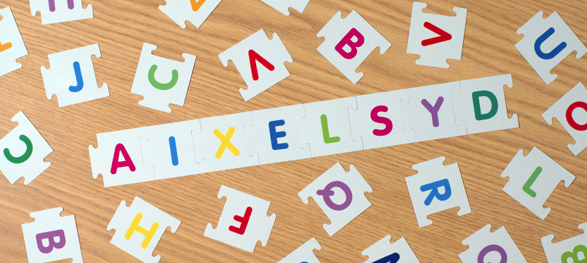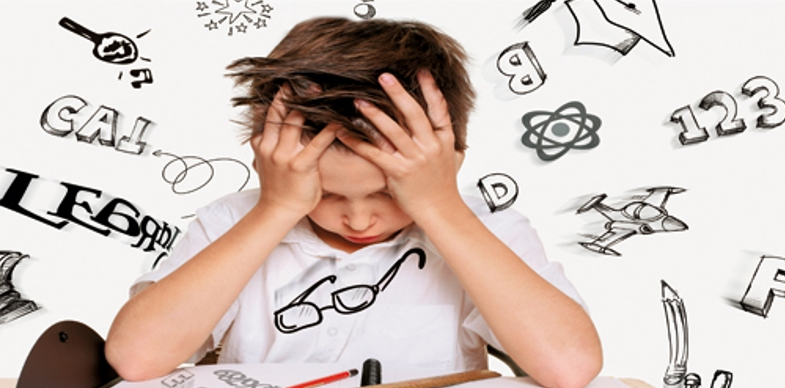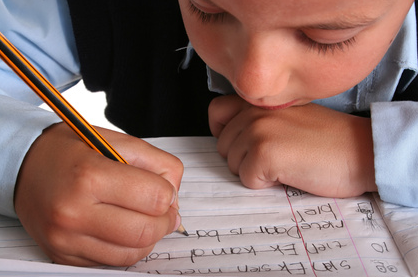A learning disability is a lifelong disorder which affects children abilities to carry on with their life’s daily activities in ease. Learning disabilities interferes with the proper functioning of the brain thus slowing how well fast they understand and grasp activities taking place around them. Children are mostly affected in their class performance, relations with other people and how well they can participate in simple household chores.
A disability is not an inability and as humans we should strive to help children with learning disabilities, offering out help to them in any way possible. In class, such children will lag behind in their classwork and instead of laughing at them, we should be determined to help them understand what is being taught with love and care. Some of the common types of learning disabilities affect their speech, movement, reading and writing either language or math.
Dyscalculia

This learning disability affects how a child is able to understand numbers and math problems as well as the mathematical symbols applied in a question. Other issues that may arise from this disability is that a child will struggle reading and telling time, comprehending number sequence and counting. As much as several children experience dyscalculia, the results are not the same. This will vary depending with a child’s ability to memorize and organize numbers, learn a language and the visual perception.
Dyspraxia

This affects the learning ability of a child in coordinating and executing various motor skills. This will mainly be visible when a child is torn in between running, jumping, writing or participating in any physical activities. This is more of an output rather than a learning disorder. However, it will have effects on the learning ability of your child. The child is not able to perfectly engage in activities which involve coordinating various body parts to complete an action.
Dyslexia

Children who are not capable of reading properly are said to suffer from Dyslexia. This is simply the difficulty in recognizing words/letters and understanding them together. Thus will affect how fluent a child is while reading or not. It also affects the vocabulary of your child, decoding, composing, writing and how well they comprehend ideas, phrases and sentences. In extremes, the speech is also affected.
Auditory Processing Disorder (APD)

This affects interpretation and processing of sound which travels undisturbed to a child’s ears. Children who suffer from APD will find it difficult to differentiate between sounds, no matter how clear and loud one is when pronouncing them. They also find it hard to tell the origin of the sound as well as understanding the order of the sounds and joining them to make sense.
Dysgraphia

The difficulty of writing well is what is known as dysgraphia. A child who suffers from dysgraphia will have a problem with their handwriting, spacing and how consistent they’re in writing on their books. In addition, they find it difficult to multitask while thinking, and writing at the same time. Nonetheless there will be spelling mistakes in their work alongside their abilities to compose phrases and writing them down.
Visual Processing Disorder

Children suffering from visual processing disorder find it difficult to distinguish shapes, omitting or skipping words/lines while reading, reversing letters/numbers and experience problems in conducting an eye-hand coordination. A disability with a child’s visual perception will have a toil in their reading, math and motor skills.
